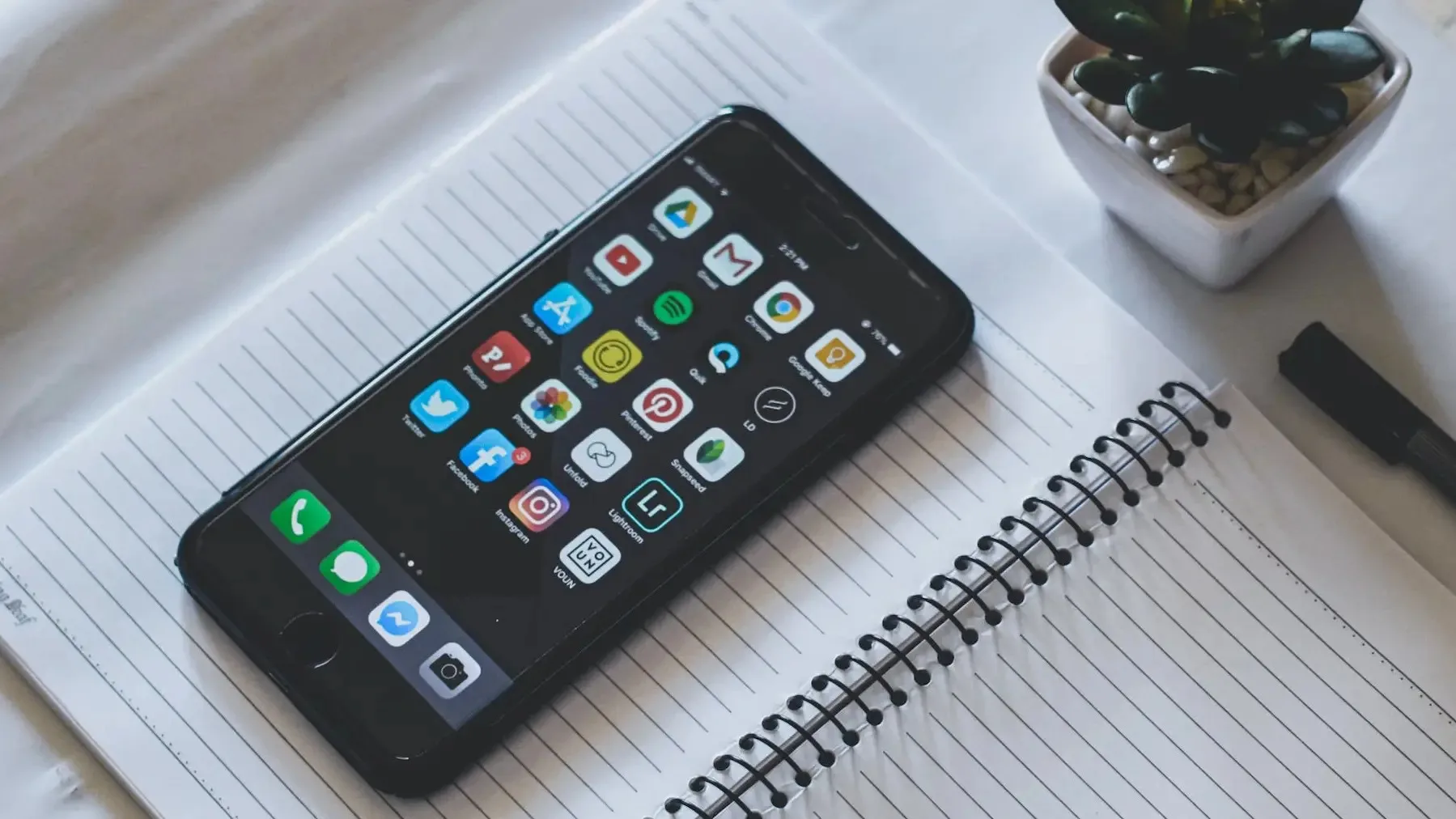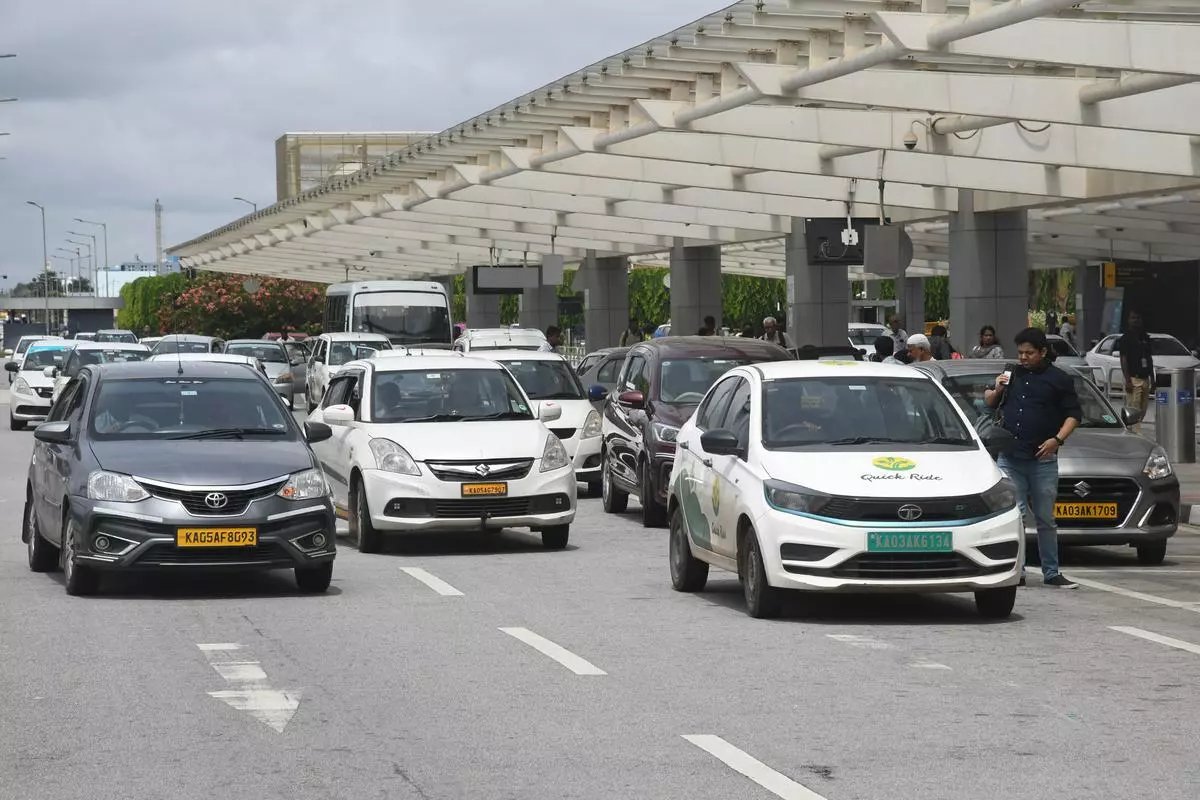Why can’t the tech giant say how profitable the App Store is? Peanut butter
Apple even goes so far as to prevent app developers from using their apps to “steer” users to cheaper purchases that aren’t on the iPhone – a practice that is also illegal, Epic alleges.
Last week, the US Department of Justice and 16 US states also sued Apple, making the similar accusation that it had breached US antitrust law by, among other things, abusing its App Store monopoly.
In Apple’s opening arguments on week two of the scheduled 16-week trial in the Federal Court in Melbourne, the company’s lawyer said the App Store can’t be a monopoly, and Apple can’t have illegally used its market power to force app developers to use its App Store and payments system because there were many “substitutes” app developers could turn to, if they didn’t like Apple’s terms and conditions.
Developers like Epic Games can and routinely do charge for content on their own website, and then allow users to use that content on their iPhone, without ever paying any commission to Apple, the company’s barrister, Matthew Darke, SC, said.
Indeed, 91 per cent of the revenue for the app at the heart of Epic’s lawsuit, its Fortnite Battle Royale game, came from purchases that weren’t made in the iPhone App Store, but Apple still allowed users to access that purchased content on the iPhone, Mr Darke told Justice Jonathan Beach.
Responding to Epic’s allegation that banning apps from advertising cheaper prices outside the iPhones is illegal, Mr Darke told Justice Beach “When Your Honour goes to Myer, Your Honour doesn’t see a sign you can buy the sweater for less at Target. It’s essentially the same principal.”
Responding to Epic’s allegation that the App Store’s monopoly status was proved by its excessive profits, Mr Darke said it was impossible to determine the App Store’s profitability because the costs attached to running the app store were only arbitrarily assigned by Apple’s accountants using a process known as “peanut buttering”.
For many companies, intangibles such as intellectual property, technology, brand and goodwill “are not included or accounted for on a balance sheet”, he explained.
“Where it’s done, it’s done by a process which is called ‘peanut buttering’. It refers to spreading the common costs around different parts of a business, based on some broad-brush rule of thumb, such as allocating costs proportionately according to the contribution of a product or service to the company’s revenue. That’s what peanut buttering is,” said Mr Darke.
“So is it smooth or crunchy?” asked Justice Beach.
“It could be smooth or crunchy, Your Honour. The point is it’s rough and ready, and it probably doesn’t matter which of those two it is. We might over here call it Vegemiting, but being in America they call it peanut buttering,” Mr Darke said.
In any event, calculating Apple’s App Store profits “is arbitrary, and one can’t really do it … in an economically meaningful way”, he said.
“I’m surprised that you say it’s all so difficult for Apple,” said Justice Beach, enumerating ways one might calculate the profitability. “There are so many different ways you could do it.
“What if I have to do it? How do you say I should do it?
“If you’re earning well above a reasonable rate of return, which is some indicia of super profitable market power, then I might have to drill down into a bit more carefully, might I not?
“Don’t assume I’m just going to throw up my hands and do what Apple do and think that it’s all too hard.”
“I’m saying Your Honour shouldn’t do it. There is no meaningful or useful way to do it,” Mr Darke said.



